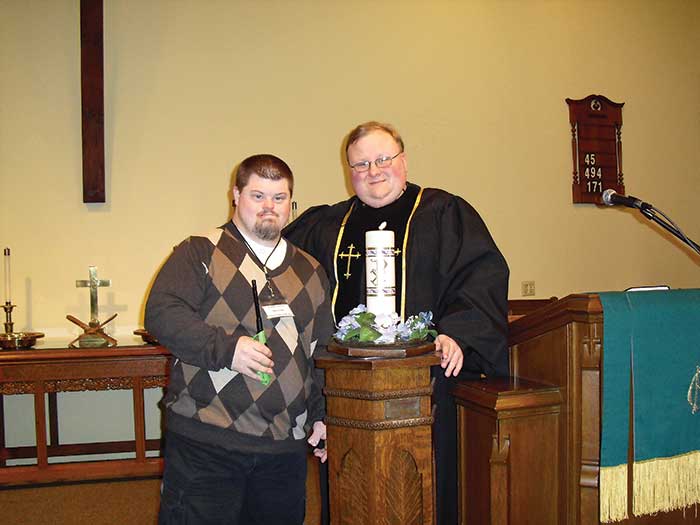“Christ, according to the New Testament, has appointed officers to govern the church under himself. Their authority to govern derives from him even though they are elected by the people.” –Preamble, RCA Book of Church Order
To hold office in the church is a God-given responsibility, not a superior position. Three offices exist within the local church: elder, deacon, and minister. Those who hold these offices work together as the consistory to govern the life and ministry of a congregation. Together, the three offices represent Christ and carry out the work of the Holy Spirit.
Elders and ministers also participate in larger governing assemblies—classis, regional synod, and General Synod—in the Reformed Church in America.
In the Reformed Church in America, a fourth office exists, that of General Synod professor. This office serves by preparing and certifying candidates for the ministry of Word and sacrament. General Synod professors also serve in a “ministry of teaching within the RCA as a whole,” as stated in the Book of Church Order.

